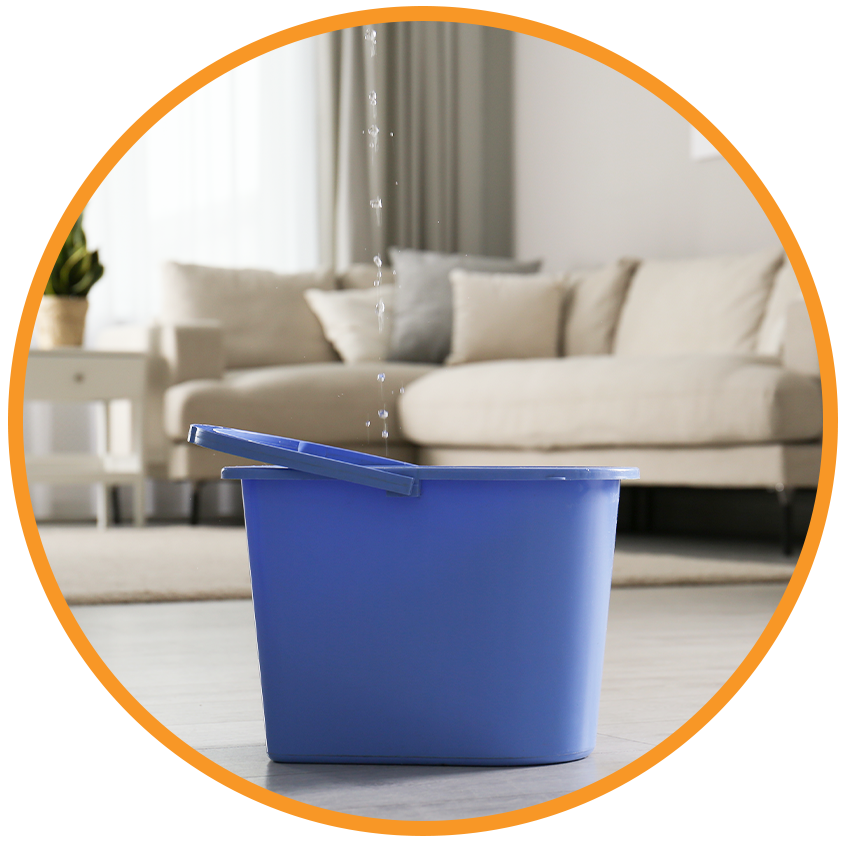Hidden Threats: The Top Causes of Water Damage and How to Prevent Them

Hidden Threats: The Top Causes of Water Damage and How to Prevent Them
Water damage is one of the most common and costly problems homeowners and business owners face. Whether caused by natural disasters, plumbing failures, or unnoticed leaks, the effects can be devastating. Understanding the leading causes of water damage and taking preventive measures can save you thousands in repair costs and protect your property from severe structural issues. Regular inspections can help detect leaks early and prevent costly
.
The Most Common Causes of Water Damage
Water damage can result from several sources, many of which can be prevented with proper maintenance and awareness.
1. Plumbing Issues
Plumbing systems play a critical role in maintaining a functional property, but even minor issues can lead to significant water damage. Some common plumbing-related problems include:
- Burst pipes: Often caused by freezing temperatures or excessive water pressure.
- Leaky faucets and fixtures: Slow leaks can go unnoticed for months, leading to mold and structural damage.
- Clogged drains: Blockages in sinks, toilets, and sewer lines can cause water to overflow into your home.
2. Roof Leaks
Your roof is your first line of defense against rain and snow, but it can deteriorate over time. Water can seep through due to:
- Missing or damaged shingles
- Cracked flashing
- Blocked gutters
- Aging roof materials
Regular roof inspections can help detect problems early and prevent costly damage.
3. Faulty or Aging Appliances
Household appliances that use water are prone to leaks as they age. The most common culprits include:
- Water heaters – Corrosion or sediment buildup can cause leaks.
- Dishwashers – Worn-out seals or clogged hoses can cause flooding.
- Washing machines – Loose or burst hoses can quickly lead to significant water damage.
4. HVAC System Malfunctions
Your heating, ventilation, and air conditioning (HVAC) system can contribute to water damage if not properly maintained. Common problems include:
- Condensation buildup in air ducts and AC units
- Clogged drainage lines
- Frozen coils that melt and cause flooding
Regular maintenance and professional inspections can prevent these issues.
5. Natural Disasters and Weather-Related Damage
Severe storms, hurricanes, and floods can overwhelm drainage systems and cause major water damage. Common weather-related causes include:
- Heavy rainfall leading to foundation leaks
- Flash floods infiltrating basements and crawl spaces
- Strong winds damaging roofs and allowing water entry
The Long-Term Consequences of Water Damage
If left unaddressed, water damage can cause severe problems, including:
- Mold growth: Moist environments create the perfect conditions for mold and mildew.
- Structural deterioration: Water can weaken walls, floors, and ceilings over time.
- Electrical hazards: Water exposure can damage wiring and increase the risk of fire.
- Health issues: Prolonged exposure to mold and bacteria can cause respiratory problems.
Proactive Measures to Prevent Water Damage
Taking preventive steps can minimize the risks of water damage. Here are some effective strategies:
Routine Maintenance
- Inspect plumbing systems regularly for leaks or weak spots.
- Schedule annual roof inspections and repair damage promptly.
- Clean gutters and downspouts to prevent blockages.
Upgrade Your Home’s Protection
- Install water leak detection devices to alert you of leaks before they cause damage.
- Replace old appliance hoses with durable, stainless steel alternatives.
- Ensure proper grading around your home to direct water away from the foundation.
Emergency Preparedness
- Keep sandbags or barriers handy if you live in a flood-prone area.
- Ensure your sump pump is functional and has a battery backup.
- Store important documents and valuables in waterproof containers.
Frequently Asked Questions (FAQs)
How can I tell if I have hidden water damage?
Some signs of hidden water damage include:
- Musty odors
- Stains or discoloration on ceilings and walls
- Warped or buckling floors
- Peeling paint or wallpaper
Can small leaks really cause significant damage?
Yes! Even minor leaks can lead to mold growth, wood rot, and structural damage over time. Addressing small leaks immediately can save you from expensive repairs. Homeowners should invest in proper drainage systems to minimize the risk of
.
Does homeowners insurance cover water damage?
It depends on the cause. Most policies cover sudden incidents like burst pipes but may not cover damage from neglected maintenance or flooding. Always review your policy details.
How often should I check for potential water damage?
Conduct seasonal inspections and check high-risk areas such as bathrooms, basements, and under sinks at least once a month.
Final Thoughts
Water damage can be a costly and stressful experience, but understanding the causes of water damage and taking preventive measures can significantly reduce risks. Regular maintenance, timely repairs, and advanced detection systems can help safeguard your property from potential disasters. Business owners should have emergency plans in place to mitigate potential
.
By staying proactive and informed, you can prevent minor leaks from becoming major problems and protect your home or business for years to come.